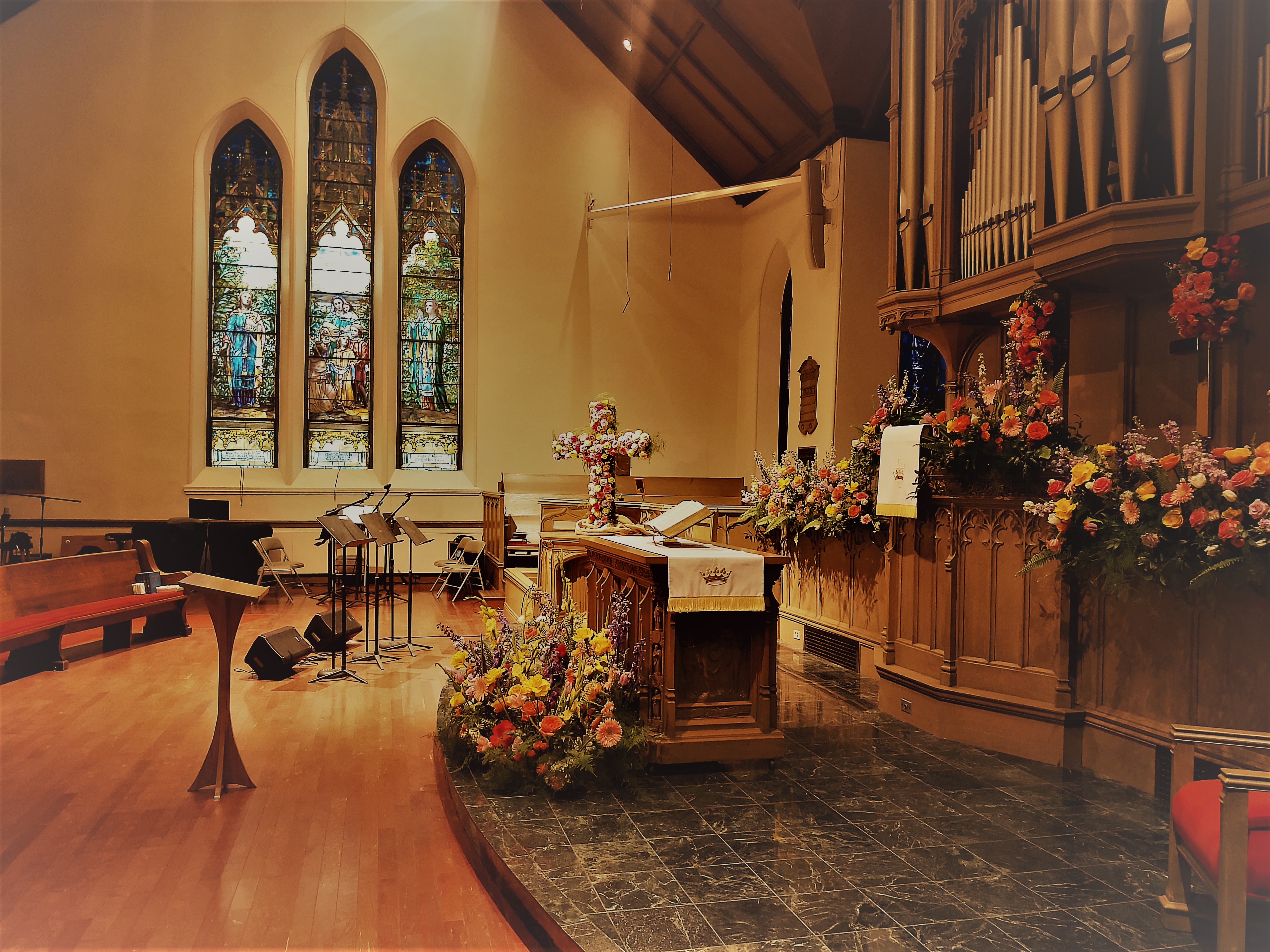welcome to PIANONOISE!
April edition
|
|
|
|
Featured Recording The Easter
anthem from Sewickley Presbyterian Church, along
with the Pittsburgh Elite Brass, from the
service on March 31. A piece by Andrea Gabrieli,
sung in English under the title "The First Day
of the Week." Note: these embeded videos are
tricky: the piece begins at 1:06:51 and ends at
1:09:23, in case the start doesn't cue up for
you automatically.
|
|

